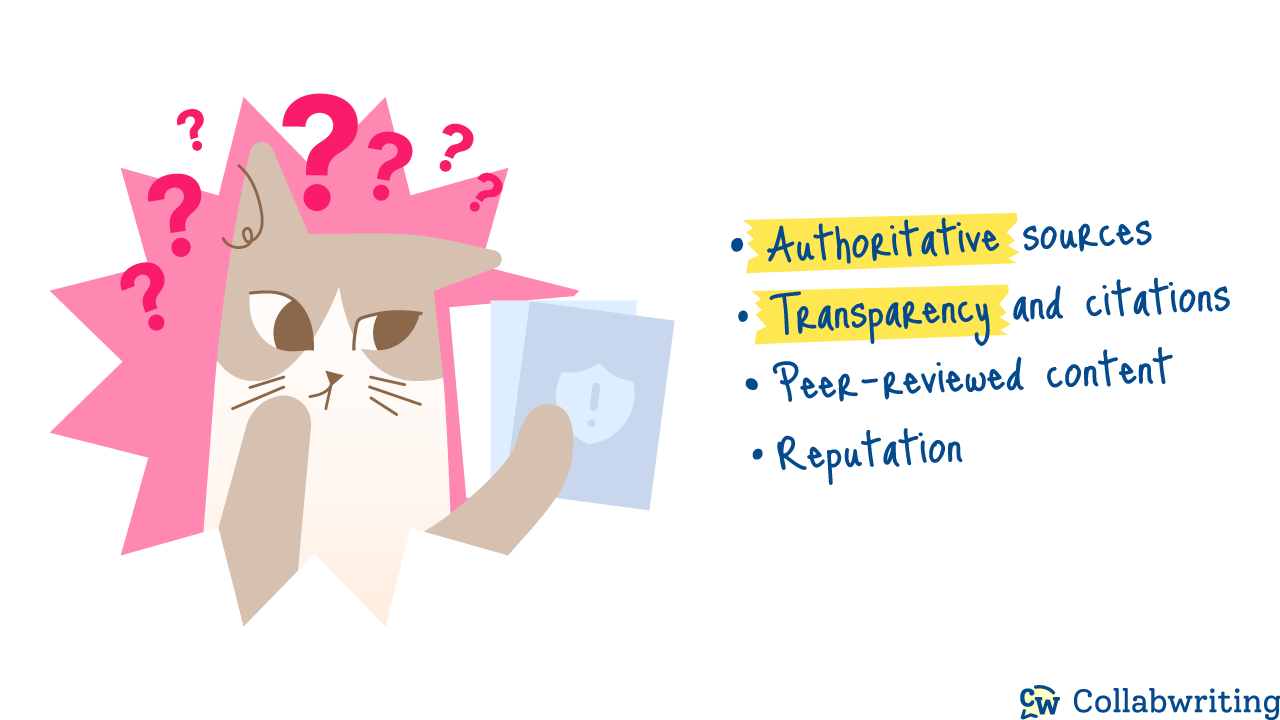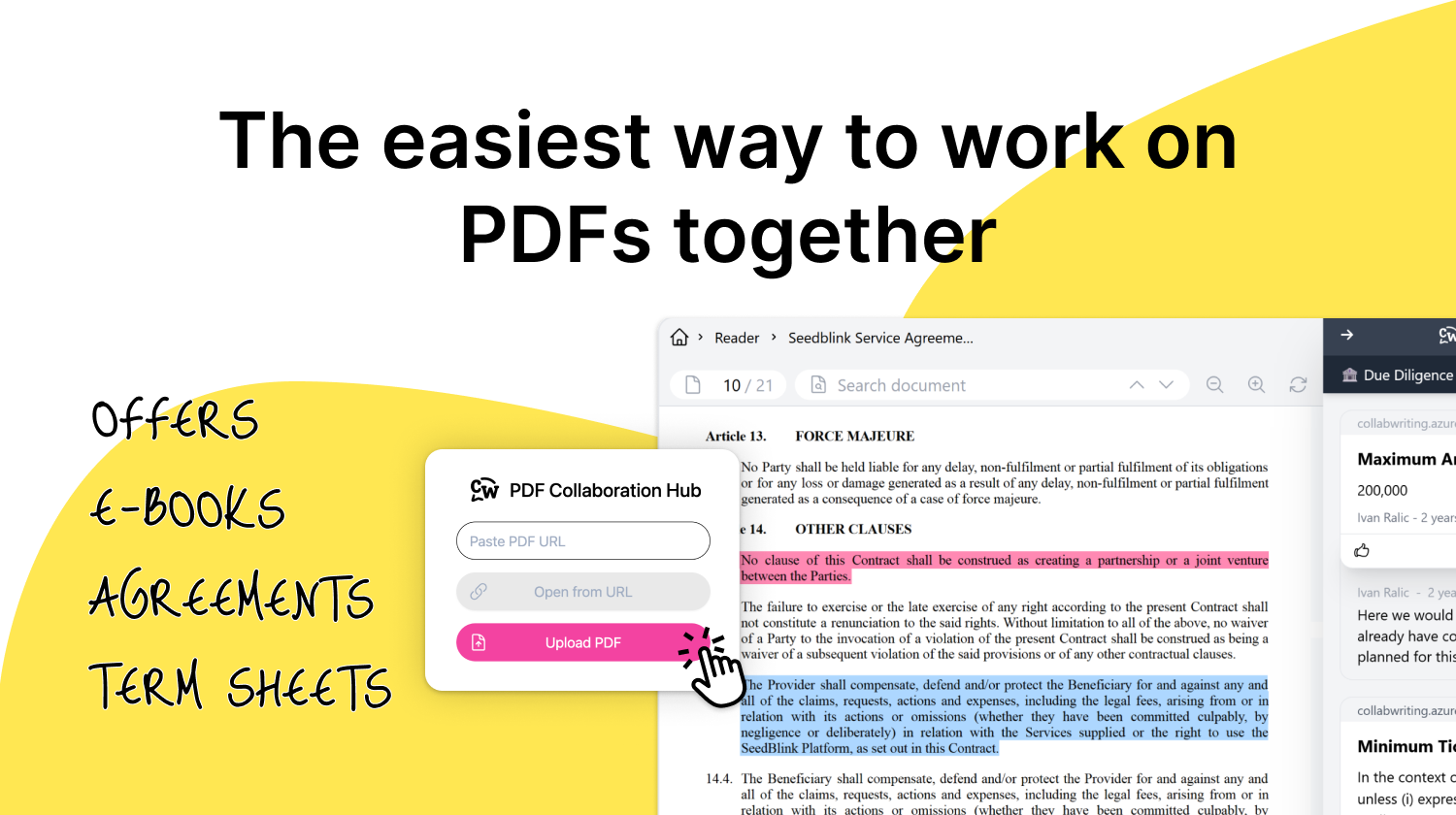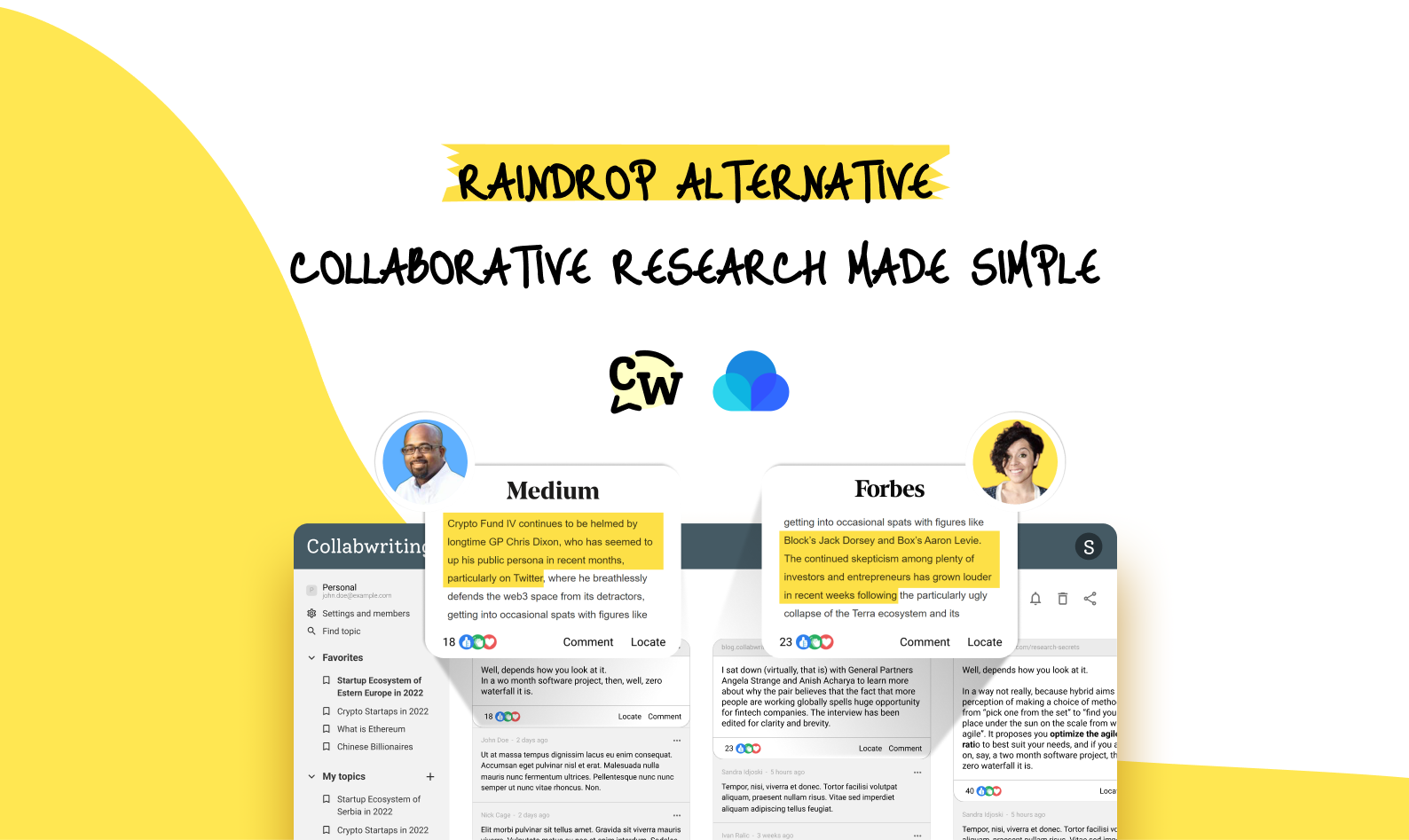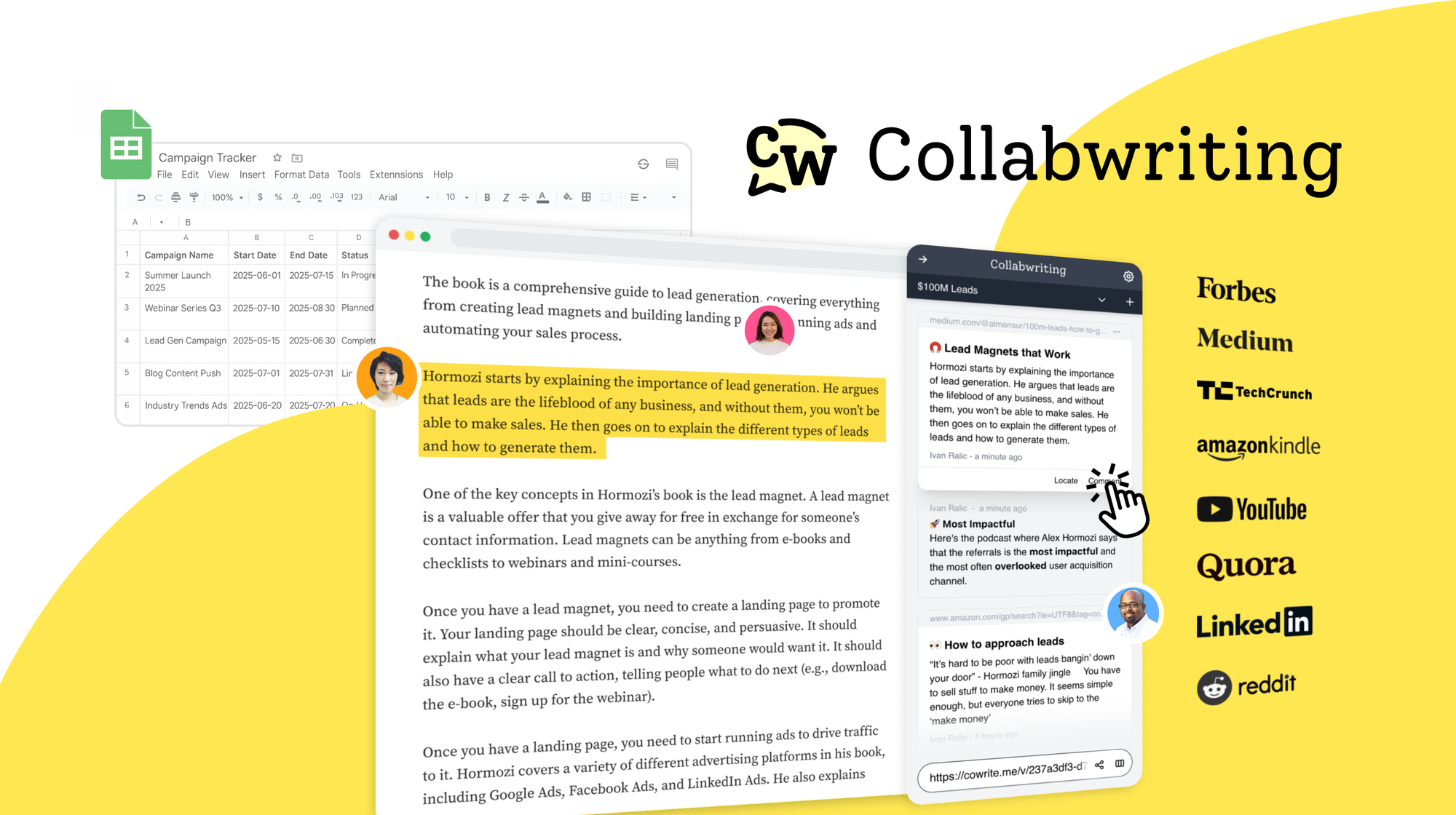Having access to information at our fingertips is great, but it can also have serious consequences. Accepting everything available online can lead to wrong decisions - whether business or personal.
That is why verification of the information we find is necessary if we want growth and progress in all fields.
So that you don't fall into the traps that the internet brings, let's explore all the ways information can be verified, as well as how to recognize unverified and fake news.
Let’s begin!
The importance of verifying online information
In a world filled with diverse opinions and perspectives, misinformation spreads like wildfire, and that’s why verifying accuracy becomes even more important.
Whether you're conducting research for an article, working on a school project, or making important decisions based on online information, ensuring its reliability is essential.
By critically evaluating the information you come across, you can make informed decisions, have meaningful discussions, and ensure your choices are grounded in reality rather than assumptions.
The role of accurate information in decision making
Decisions, both big and small, shape our lives. Whether it’s deciding on a career path, buying a house, or making business decisions, accurate information is crucial.
Accurate information provides us with a solid foundation to base our decisions, increasing positive outcomes.
On the other hand, relying on inaccurate or misleading information may lead to financial loss or missed opportunities.
The risks of misinformation online
In the last few decades, the internet has transformed how we access, share, and store information. However, it has also created another challenge - misinformation.
One of the significant risks of misinformation is that it shapes our perceptions and beliefs. False information, when presented convincingly, can easily sway individuals into believing false things. This can lead to biased opinions, polarized communities, and a lack of trust in reliable sources.
Moreover, misinformation can have real-world consequences. Spread during times of crisis or emergency, misinformation can cause panic, hinder appropriate response measures, and even put lives at risk.
That’s why it’s essential to know the risks and actively verify online information.
Expanding on the importance of information verification, it’s worth noting that in a world filled with diverse opinions and perspectives, where misinformation spreads like wildfire, the sheer volume of information available can be overwhelming.
With the click of a button, we can access a vast array of data, opinions, and news articles. However, not all of this information is reliable or accurate.
Decision-making based on inaccurate information can lead to disastrous outcomes. Imagine making a major financial investment based on false data or choosing a medical treatment option without verifying its effectiveness. These scenarios highlight the potential risks associated with not verifying information.
Furthermore, accurate information not only helps us make better decisions but also enables us to communicate effectively with others. When engaging in discussions or debates, having accurate facts and figures at our disposal allows us to present our arguments clearly and convincingly.
It fosters intellectual growth and encourages critical thinking. Another aspect to consider is the impact of information verification on our personal growth. By actively seeking out accurate information, we expand our knowledge and broaden our perspectives. We become more aware of the world around us and understand complex issues.

Identifying reliable and unreliable sources
When searching for reliable online sources, there are several key characteristics to look out for:
- Authoritative sources: One of the first things to consider is whether the source is known for its expertise in the field or recognized as a reliable authority. Sources that have a reputation for providing accurate and well-researched information are more likely to be reliable. For example, academic institutions, government websites, and established news organizations often fall into this category.
- Transparency and citations: Reliable sources provide clear citations and references to back up their claims. These citations allow readers to check the information independently and ensure its accuracy. Many trustworthy sources include links to fact checking sites or provide clear references to data you can verify, which makes them more reliable.
- Peer-reviewed content: Academic journals and reliable publications often go through a rigorous peer-review process. During this process, experts in the field review and validate the content before publication. Peer-reviewed articles are more likely to contain accurate and reliable information, as they have undergone scrutiny by knowledgeable individuals in the respective field.
- Reputation: Consider the reputation of the website or publication. Websites that have a history of accurate reporting and reputable affiliations are more likely to be reliable. Look for sources that are well-established and have a track record of providing accurate information. Additionally, it can be helpful to check if the website or publication has won any awards or has been recognized for its credibility.

By paying attention to these characteristics, you can increase your chances of accessing reliable and accurate information.
Red flags in unreliable sources
While it is important to know the characteristics of reliable sources, it is equally important to recognize the red flags that indicate an unreliable source.
Here are some signs to watch out for:
- Sensationalism and clickbait: Sources that rely on sensational headlines, exaggerated claims, or clickbait tactics for engagement are usually unreliable. These sources prioritize getting attention over providing accurate information. It’s important to be cautious of sources that use sensationalism as a means to attract readers, as their primary goal may be to generate clicks rather than to provide valuable information.
- No one listed or anonymous authors: Lack of authorship or anonymous authors makes it challenging to verify the credibility and expertise of the content. Reliable sources typically provide information about the author, including their qualifications and expertise in the subject matter. When the author's identity is unknown or undisclosed, it becomes difficult to assess the reliability of the information presented.
- Biased or opinionated content: Sources that exhibit clear bias or consistently present information from a particular perspective are less likely to be reliable. Reliable sources strive to present information objectively, without favoring any particular viewpoint.
- Poor design and quality: Unreliable sources often lack professional design, contain spelling or grammar errors, or have an overall unpolished appearance. While appearance alone is not a definitive indicator of reliability, it can be a clue that the source may not have invested the necessary time and effort into producing accurate and trustworthy content.

How to Check Information Online - Techniques for Verifying
Cross-referencing multiple sources
Cross-referencing is the first step in verifying information. Relying solely on one source may lead to biased or incomplete perspectives.
This involves checking multiple sources and comparing the information presented to identify inconsistencies or differences. If multiple reliable sources confirm the information, credibility increases.
Additionally, cross-referencing allows us to gain different perspectives on a topic, enabling a more holistic understanding.
Checking the author's credentials
When searching for information online, it's essential to assess the author's credentials and expertise. Look for information about their qualifications, professional experience, and affiliations. Authors with relevant expertise are more likely to provide accurate and reliable information.
Be cautious of content created by amateurs or spreading misinformation.
Expert interviews and citations
Another effective way to verify information is by seeking out expert interviews and citations. When researching a specific topic, look for articles or publications that cite credible experts in the field. Expert opinions can lend credibility and provide valuable insights.
Reach out to subject-matter experts directly, if possible, to clarify any doubts or obtain additional information.
Evaluating the website's domain
The domain of a website can provide valuable insights into its credibility. Look for domains that represent established institutions, organizations, or trustworthy sources.
Government websites, academic institutions, and reputable news organizations are examples of reliable domain sources.
On the other hand, unfamiliar or obscure domain extensions can be a warning sign. Websites with domain extensions that mimic well-known sources but have slight variations should be approached with caution.
Using fact checking tools and search engines
To make verifying information faster and easier, you can use special fact-checking websites and tools that help you quickly check if something is true.
Also, learning how to use search engines better - like putting quotes around exact phrases or filtering results by date - can help you find trustworthy sources and avoid unreliable ones.

Collabwriting - Shareable Notes on Web Pages and PDFs
Collabwriting allows you to gather all your online sources in one place. Just highlight, save, and collaborate with anyone on any content you find online.
Final note
Checking online information is not only necessary but crucial for growth and progress in all aspects of life.
By actively exploring various methods of information verification, such as cross-referencing multiple sources, checking authors' credentials, seeking expert opinions, and evaluating website domains, we can protect ourselves from falling into internet traps and navigate the digital landscape with confidence.
Regularly checking facts and knowing how to use search engines well are important skills to help you avoid misinformation and confidently find accurate information online.
So, next time you find information online, pause, question, and then verify.
FAQ
Why is it important to verify online information?
Verifying (or checking) online information is important to ensure accuracy and reliability. This practice helps you make informed decisions, avoid falling for misinformation, and engage in meaningful discussions based on facts instead of assumptions.
What are some key characteristics of reliable sources?
Reliable sources are typically authoritative, transparent, and peer-reviewed. Look for sources from academic institutions, government websites, and established news organizations. These sources usually provide clear citations and have a reputation for accuracy.
How can I identify unreliable sources?
Unreliable sources often use sensational headlines, lack author information, exhibit clear bias, and have poor design quality.
What techniques can I use to verify online information?
You can verify information by cross-referencing multiple sources, checking the author’s credentials, looking for expert interviews and citations, and evaluating the credibility of the website’s domain.





![The Best Tool for Collaborative Research in Content Marketing Teams [2026]](/content/images/2025/12/image--5-.png)

![5 Tools Marketers Use to Organize Research - Compared [2026]](/content/images/2025/11/cover-4-1.png)

![Build Credibility in Research: Smart Way to Verify Information and Track Sources Easily [2025]](/content/images/2025/10/covers-for-blog--7--1.png)

![How Marketers Can Turn LinkedIn Content into Collaborative Research [2025]](/content/images/2025/10/covers-for-blog--8-.png)
![Best Readwise Alternative for Personal & Team Research [2026]](/content/images/2025/09/Frame-814--3-.png)

